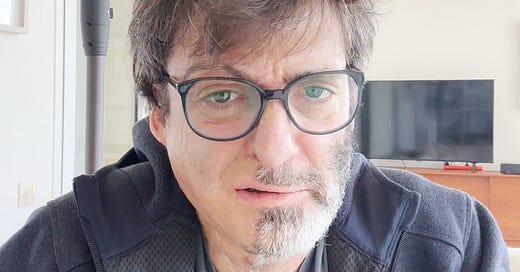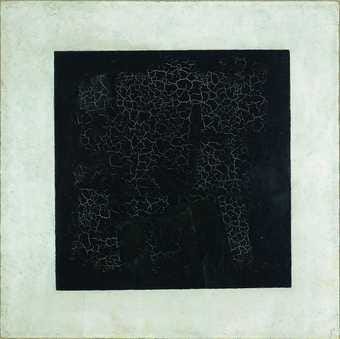We often see a piece of art and think, “I could have done it!” Whether it’s Kazimir Malevich’s Black Square, Picasso’s Guernica, or Mark Rothko’s No. 61, the artworks appear facile–not to mention undeserving of pieces that climb north of £10,000,000. We could have painted them ourselves.
That’s wrong on two grounds.
First, there’s the issue of technical skill. Being a master at painting–just like becoming a top NBA player or a renowned poet–takes years of practice. As outsiders, we forget that. We assume that when something looks simple, it must have been easy to make. But simplicity is frequently the product of years of deliberation, not a lack of effort. We disregard the effort that goes into refining technique, developing style, and mastering materials. We simply don’t understand we lack the technical skill to paint as the masters do, even when their pieces appear abstract to the point of effortlessness.
But then there is also hindsight. Even if we could somehow paint Malevich’s Black Square, we would not be “creating” but “copying” what we’ve already seen. The ability to recreate the product does not suggest we could have created the idea, design, composition, or color scheme. Originality requires vision, knowledge, familiarity with previous sources, and the courage to challenge the canon. Revolutionary art only emerges when the artist surpasses everything that has preceded them and defies the cultural landscape of the time.
Thus, when exclaiming we could have “done this,” do we mean we could have replicated it or innovated the idea? It’s difficult, if not impossible, to judge how likely we are to come up with an original thought. This distinction is critical, as true artistry lies not just in execution but in the originality of creation.
It is no wonder, then, that Picasso observed, “It took me four years to paint like Raphael, but a lifetime to paint like a child.”
Irrationally yours,
Dan Ariely













